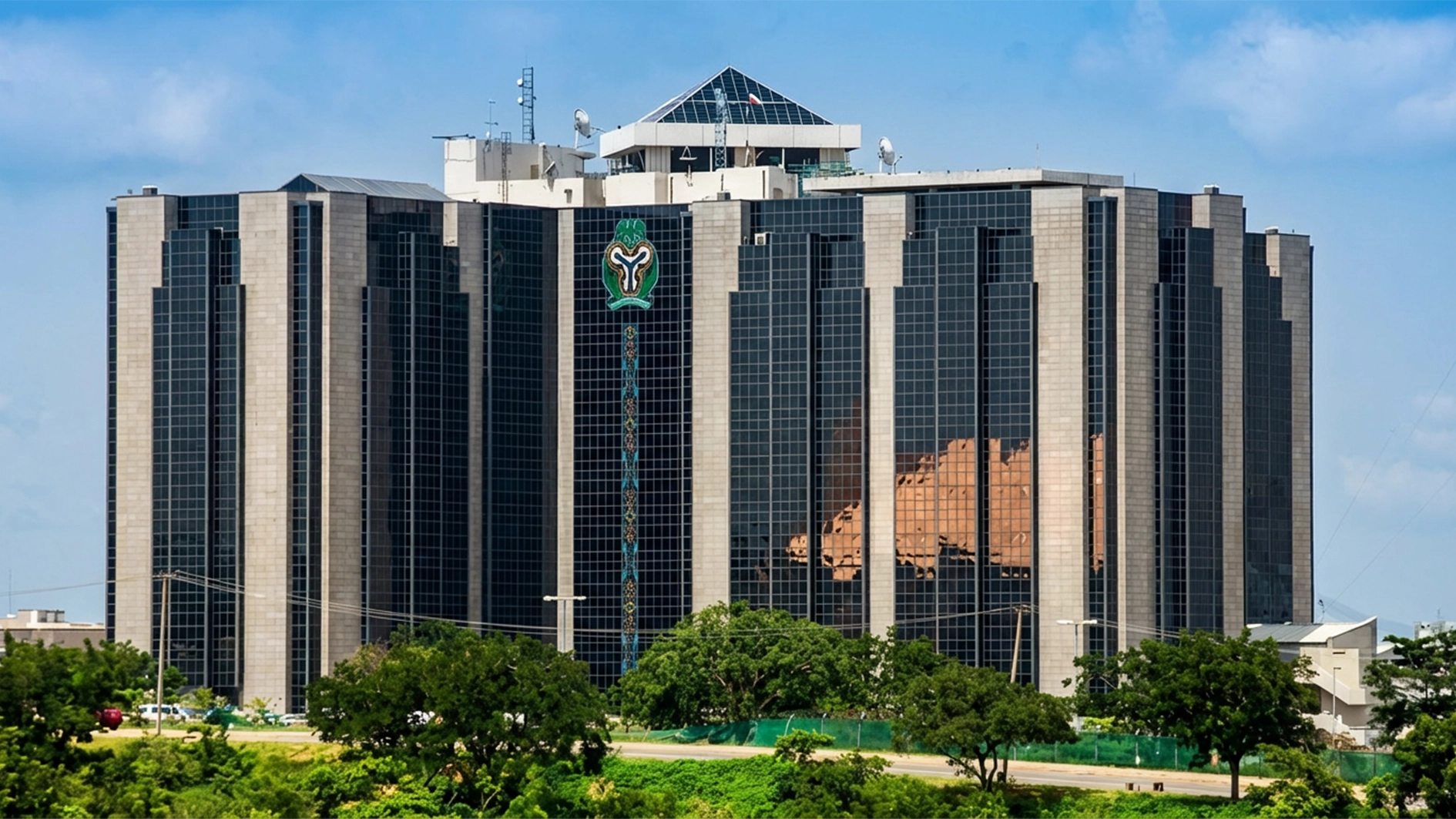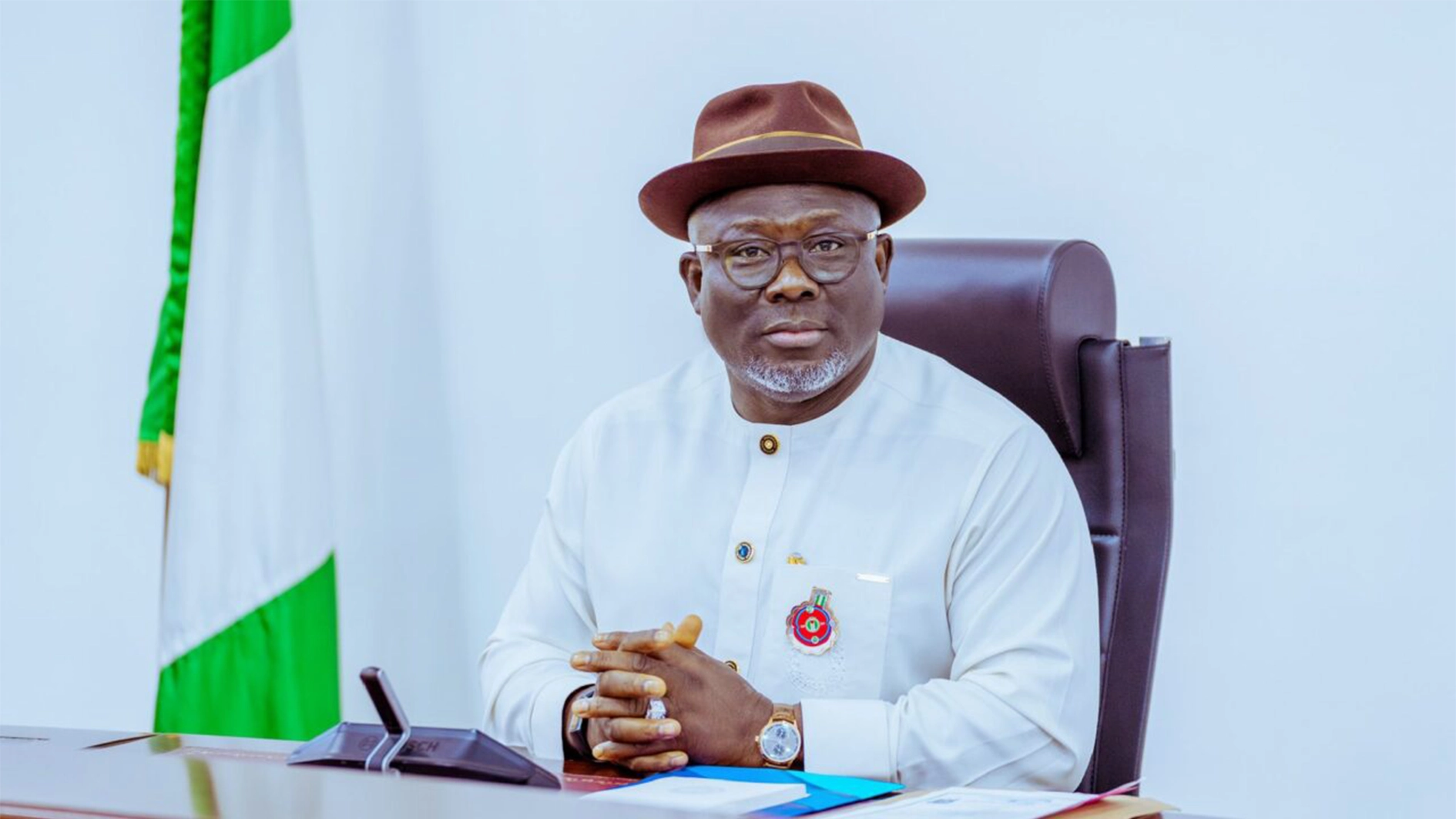The political and social harmony that existed among the 109-member Senate since June 2019 is crashing.
Issues relating to abuse of federal character principle in federal appointments, the alleged return of unitary and centralised accounting system in Senate, as well as the financial challenges associated with it, are among the immediate sources of trouble for the current leadership.
The pool system or centralised accounting system, which was introduced to the Senate during Chuba Okadigbo’s tenure, caused a series of disaffection because of the way it was administered. The crisis that later led to Okadigbo’s removal was linked to this because of the kind of discriminatory approvals that came with it.
Some lawmakers contend that the current funding problems crippling legislative operations of the Senate arise from the return of the centralised accounting system, which they said has equally returned discrimination in funds approved by the Senate leadership.
A senior official in one of the 90 committees of the Senate poured out his frustration, lamenting the demerits of the return of the centralised accounting system.
“If you check properly, you would have noticed that at the moment, most committees experience serious challenges in funding their activities, including even public hearings, through which a parliament links up with the public and gets their inputs into the laws they enact,” he stated.
A lawmaker disclosed that the growing disquiet in the Senate arose from a series of issues that had been piling up, including the rush by the current leadership to approve appointments proposed by the president despite protests by lawmakers. The list of alleged lop-sided appointments approved by the Ahmad Lawan Senate, according to many lawmakers, is long. However, the Lawan-led Senate said it had not just approved such appointments but had consistently scrutinised them.
Spokesperson for the upper chamber, Dr. Ajibola Basiru, who described it as “beer parlour talks” claims that Buhari’s appointments are not lopsided. He urged Nigerians to assess the various appointments made by Buhari based on geopolitical zones instead of looking at them from whether the appointee is from the north or south.
Minority Leader of the Senate, Senator Enyinnaya Abaribe and several senators had openly protested alleged lop-sided appointments made by Buhari, alleging clear cases of nepotism and ethnic biases in the choice of nominees.
“I want to tell you that politicians can be mischievous, I am not saying any senator is mischievous,” Basiru claimed.
But just last week, lawmakers resumed at the National Assembly after its two months recess to continue with the crisis of lop-sided appointments. The session that day was devoid of the usual exchange of banters amongst senators on the floor of the Red Chamber, as it commenced plenary on a rancorous note.
Using the appointment of members of the National Pension Commission, who were nominated by President Muhammadu Buhari to the Senate for approval as a case study, lawmakers were quick to remind the Senate leadership about their dissatisfaction with the continuous approval which Senate gave to such appointments in the recent past, which they alleged was lop-sided.
Buhari had, in his letter addressed to President of the Senate, Ahmad Lawan, nominated the duo of Dr. Oyindasola Oluremi Oni and Aishat Umar from North Central and North East respectively for the office of Chairman and Director General of the Board. Others nominated as commissioners were Hannatu Musa (North-West); Clement Akintola (South-West); Ayim Nyerere (South-East) and Charles Emukowhale (South-South).
But Senator Abaribe had raised objection to the nomination of Aishat Umar from the North East to replace the former Director-General of PENCOM, Mrs. Chinelo Anohu-Amazu, from Anambra State and the South-East geo-political zone, noting that it was in flagrant breach of the Act establishing PenCOM.
He said: “I recall that the tenure of the incumbent was truncated. Therefore, the new letter from the president that has now moved the chairman of the commission to another zone may not be correct, because it is against the law setting up the National Pension Commission.
“Before you send it to the appropriate committee, I wish to draw the attention of the committee to the provisions of Section 20(1) and section 21(1) and (2) of the National Pension Commission Act 2014. The law has equally made it clear that in the event of a vacancy, the President shall appoint a replacement from the geo-political zone of the immediate past member that vacated office to complete the remaining tenure.”
Senator Lawan, however, dismissed Senator Abaribe’s point of order and observation, declaring that the law is for him to interpret.
He said: “That is for me to interpret because I interpret the laws here. If there is any petition to that effect it should be sent to the committee.”
Further checks revealed that the Senate President has since mandated the Committee on Establishment and Public Service Matters to screen President Buhari’s nominees for appointment as chairman, director general, and commissioners of the National Pension Commission.
The gathering storm
IT was further gathered that senators across party divides are smarting for a showdown with the Senate President who they accuse of making himself a willing tool in the hands of certain individuals in the presidency in their plot to continue to promote sectional agenda. A senator, who refused to be named, disclosed that senators from the South West and North Central are in league with their colleagues from the South East to frustrate the confirmation of Umar as a substantive Director-General of the PenCOM board.
Allegations of nepotism
FOLLOWING the signing into law of the Pension Reform Act (2004) by former President Olusegun Obasanjo’s administration, the Contributory Pension Scheme (CPS) with the National Pension Commission (PenCOM) as the regulatory body, was introduced with Muhammad Ahmad from the North East as pioneer Director-General. The Pension Reform Act 2004, acknowledged as one of the landmark achievements of the Obasanjo administration, which sought to address and eliminate the problems associated with pension schemes in the country, has since been bogged down by nerve-racking power games of ethnic domination under the Buhari administration.
Anohu-Amazu, appointed as DG in 2014 by Dr. Good luck Jonathan, for a renewable term of five years had her tenure terminated abruptly in 2017 (two years to the end of her first term) as President Buhari dissolved the board of PENCOM along with 22 other heads of federal agencies. Buhari’s move to present another candidate from the north, in Aliyu Abdulrahman Dikko to the Senate for confirmation as the DG, along with five others as chairman and executive commissioners aroused the anger of senators from the south and it was subsequently kept in abeyance by the 8th Senate under the leadership of Senator Bukola Saraki.
A senator from the South West opposed to the nomination of Umar as DG recalled that move by Vice President Professor Yemi Osinbajo to push for the nomination of Mr. Funsho Doherty from the South West as successor to Mrs. Anohu-Amazu as the Director-General of the National Pension Commission (PenCOM) was frustrated by a certain member of a cabal in the Presidency, while Osibanjo was in the saddle as acting president and his boss was abroad for medical treatment.
“Professor Osinbajo, as Acting President could not push it through,” a source said. “They threatened him with impeachment and used lawmakers from the north to block him, citing provisions of the same Pension Act.”
However, ahead of the latest bid to confirm the nominees for the pension board, some of the lawmakers, who have come together to protest Umar’s confirmation are of the opinion that certain individuals in the Presidency might be dropping President Buhari’s name to promote their own agenda ahead of 2023 election.
Some agencies where senators raised alleged lop-sided appointments include the Federal Character Commission (FCC), Nigerian Ports Authority (NPA), Nigerian security and defence sector, and appointment of vice-chancellors of 40 federal universities.
Regarding the Nigerian Ports Authority, it was alleged in July 2020, that Some retired general managers have had their tenures extended on contract basis in order to stop their ‘potential successors’, who were from other parts of the country from succeeding them.
But defending the appointments, NPA in a statement issued by its General Manager, Corporate and Strategic Communications, Jatto A Adams, said: “In the interest of public accountability, the management of Nigerian Ports Authority wishes to respond to reports of alleged lopsided appointment of general managers supposedly to northernise the authority.
“We state up front that the allegation is unfounded and riddled with untruth.”
On the appointment of 40 vice-chancellors of federal universities, the Senate Committee on Federal Character had queried FCC for the breach. The Acting Chairman of the commission, Dr. Shettima Bukar Abba, admitted that the appointment of vice-chancellors of the 40 federal universities in Nigeria was lopsided, which occasioned public outcry and protests across the country.
Abba said FCC had expressed its resentment on how government ministries and parastatals disregard and flout due process in appointments and placements.
“Mr. Chairman, there are 40 federal universities in Nigeria and when we took stock of vice-chancellors, especially the recent appointment that bred protest here and there at the six geopolitical levels, some zones were not adequately represented.”
Concerning the alleged lopsided appointments in the security sector, the Senate was split along regional lines, when they debated a motion on the appointment of service chiefs by President Buhari.
While senators from the south, particularly the South East accused the president of marginalising the geo-political zone, those from the north argued that the principle of federal character had been observed in the recruitment into security agencies. The division among the lawmakers occurred when they debated a motion entitled, ‘Urgent Need to Appoint a Representative of the South-East into the National Defence Council and the National Security Council.’
Other sectors where Buhari also did not renew appointees from the south for a second term in office but replaced them with persons from the north include Kemi Adeosun as former Minister of Finance, who was replaced with Zainab Ahmed and Dakuku Peterside, with Bashir Jamoh, as Director-General of Nigerian Maritime Administration and Safety Agency (NIMASA).






